Since its release in 1965, Frank Herbert’s science fiction novel “Dune” has been considered to be “unfilmable.” Its complex world, dystopian lingo and technology, confusing characters and absurd length presented a new challenge to pretentious readers.
Two houses, House Atreides and House Harkonnen fight over the desert, 8,000 years into the future where “spice,” both a hallucinogen beneficial to House Harkonnen and an energy source for House Atreides’s exploration of outer space, is found. House Atreides and the Fremen, a people who have already inhabited the desert, join together to defeat House Harkonnen for control of the desert and ultimately, the spice.
Director Denis Villeneuve’s 2021 interpretation and adaptation of the novel proved that it is, at the very least… filmable. Somehow, though, it seems as if none of the reasons I enjoyed the film were of Villaneuve’s doing.
When I left the theater, I felt like I was blasted back into civilization after spending two hours and thirty-five minutes in a scorching hot, dry desert, fighting for my life in a suffocating protection suit. This can be interpreted one of two ways, leaving me confused about my feelings for the movie: I don’t know if I should consider the physical effect it had on me as a plus because the film was just that impactful or as a negative. (It’s usually not a good sign if a film has a negative physical effect on the viewer.)
I’ll be honest: I went into the theater with pretty much no preparation or expectations. I didn’t view anything about the movie (not the book, not any film excerpts or interviews by the cast/crew) past the first 30 seconds of the trailer. So can I really be upset if I was confused for the first half of the movie? The dialogue in my head for the first hour was pretty much just: What is Atreides? What is this spice? There’s Zendaya (Chani, in the film)! Never mind, she’s gone again… Where did Jason Momoa (Duncan Idaho) come from? Am I in the present or in one of Paul’s visions?
Eventually, my hammering mind cleared when the obnoxiously loud score was muted (no offense, Hans Zimmer, I love your work) and I could actually hear what Timothée Chalamet (who played the main character, Paul Atreides) was saying. Once that happened, I wanted to fall asleep a little bit less and it turns out that the film was actually interesting! It’s amazing how the enjoyability of a movie changes once you can hear its dialogue.
Not only was the dialogue captivating, but I was also intrigued by Rebecca Ferguson’s performance of Lady Jessica. A classic action figure in Hollywood, Ferguson so delicately portrays a worried mother and fierce warrior in the film. Other parts of the cast, though, didn’t resonate with me as much. I was rather underwhelmed by Oscar Isaac’s portrayal of Leto, the leader of House Atreides. Don’t get me wrong: I love Oscar Isaac as much as the next person—I just felt zero connection to him. I felt like he was just another side character and, though present for a large chunk of the movie, overall seemed pretty insignificant to me.
Zendaya’s casting was probably the most disappointing in this film. She was used as a massive bait in the movie’s marketing campaign and is even listed as the second person (after Chalamet) when you Google “Dune cast.” Considering the fact that she had maybe ten minutes of screentime in this two-and-a-half-hour-long film, she probably should’ve been listed as the seventh or eighth cast member.
The one scene I remember that had her and Chalamet in the same frame was a single shared kiss between them in one of Paul’s visions, which seemed random and forced. So what? Viewers wanted the chemistry, yes, but it came out of nowhere and did not fit the story at all—at least based on what I, someone who has not read the book, understood. Sure, this is only the “first part” of an overall film duology and covers just half of the source material, but it’s also an incredibly out-of-place scene that should have been addressed at least in some way.
I did, however, thoroughly enjoy other parts that were crucial in bringing the book to life. Cinematographer Greig Fraser perfectly captured the essence of a dystopian world that has been reduced to a desert wasteland, bringing Herbert’s words and imaginative prose to life.
Orange and grey are common themes in the film and blend together beautifully to reference the ombre effect on the actual book cover. Wide-frame shots were common and accented the movie well, allowing the viewer a wider look on what was happening. The view allowed by Fraser to the audience of miles upon miles of deserts provided a deep insight into the chaos ensuing in the film’s world.
What stood out to me was the scene where a worm (a massive one) catapults out of the deep sand dunes and devours an entire metal vehicle. Zimmer’s composition and Fraser’s wide-frame shot showed the enormity and sheer terror of the beast and left me tipping over at the edge of my seat, oozing in fear, anxiety, and suspense.
Though I enjoyed the music and cinematography, it simply doesn’t make up for the lack of complexity in the characters. It seems Villaneuve and fellow screenwriters Jon Spaihts and Eric Roth got lazy and only focused on the action and dramatic parts of the book instead of character development and depth.
How did Chalamet’s character develop? Again, where is Zendaya? Important characters, such as Momoa’s Duncan, died as quickly as they were introduced. The cliffhanger I was left reeling with wasn’t with what would happen in the plot, but rather whether actual character development would happen in “Dune 2,” which is set for release in October of 2023.
While I ended up loving the film despite its numerous flaws, it’s heavily disappointing that the name under “Dune (2021)” will forever be known as Villaneuve’s and not Zimmer’s, Fraser’s or even Herbert’s, even though they added more to the film than Villeneuve himself.



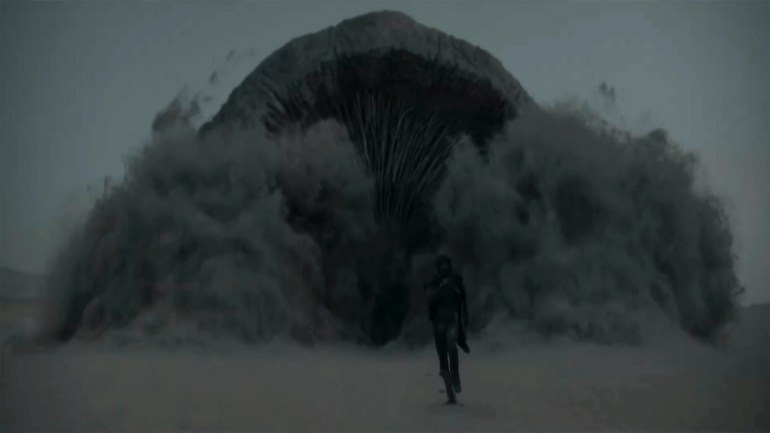
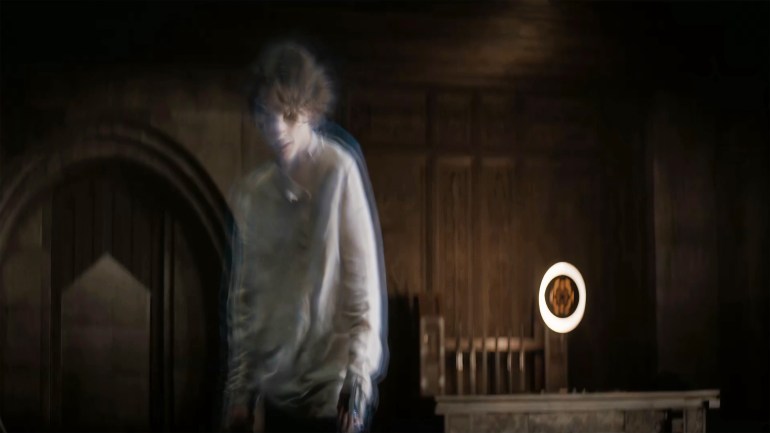
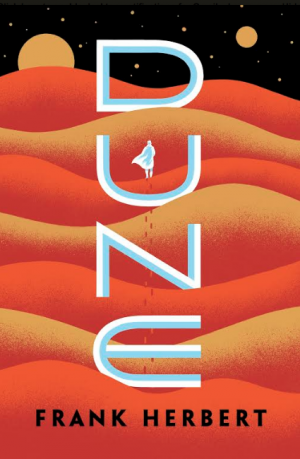
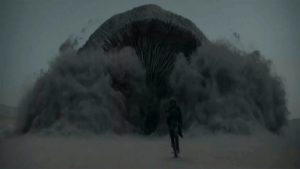
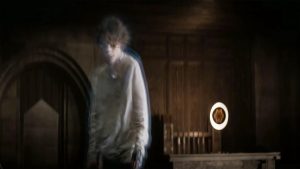
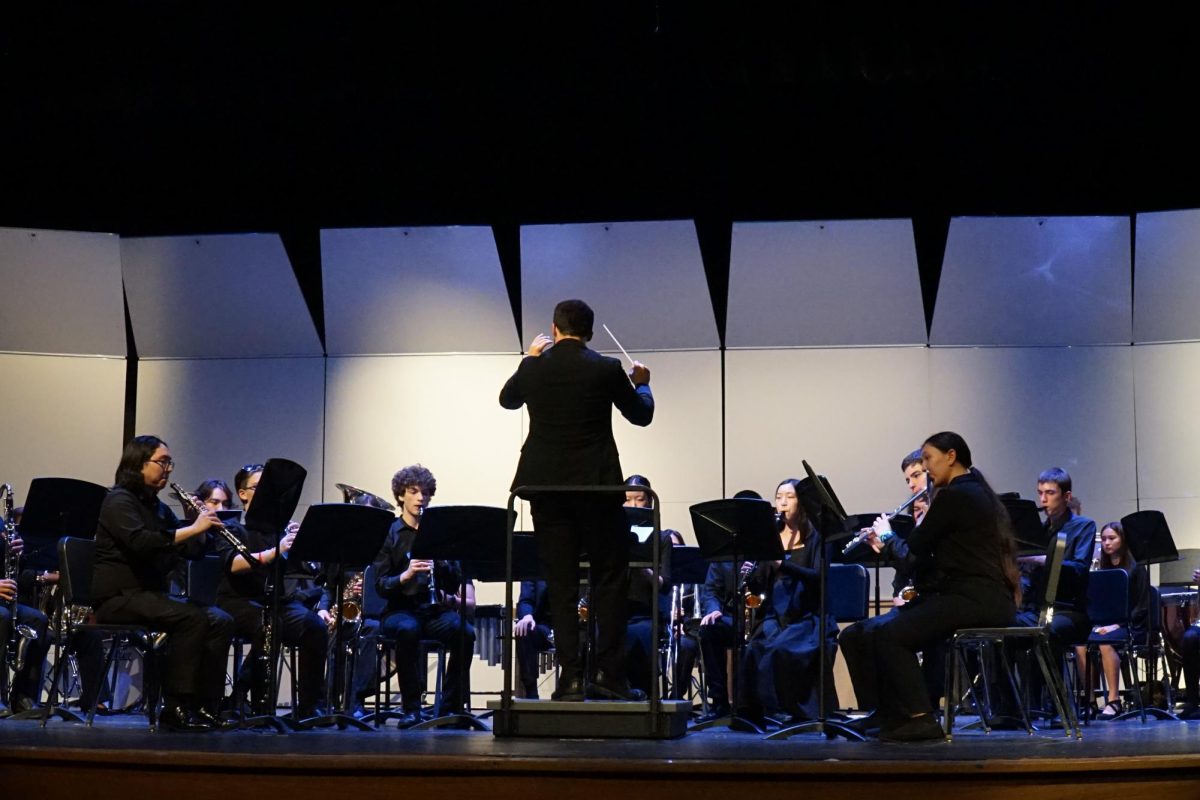
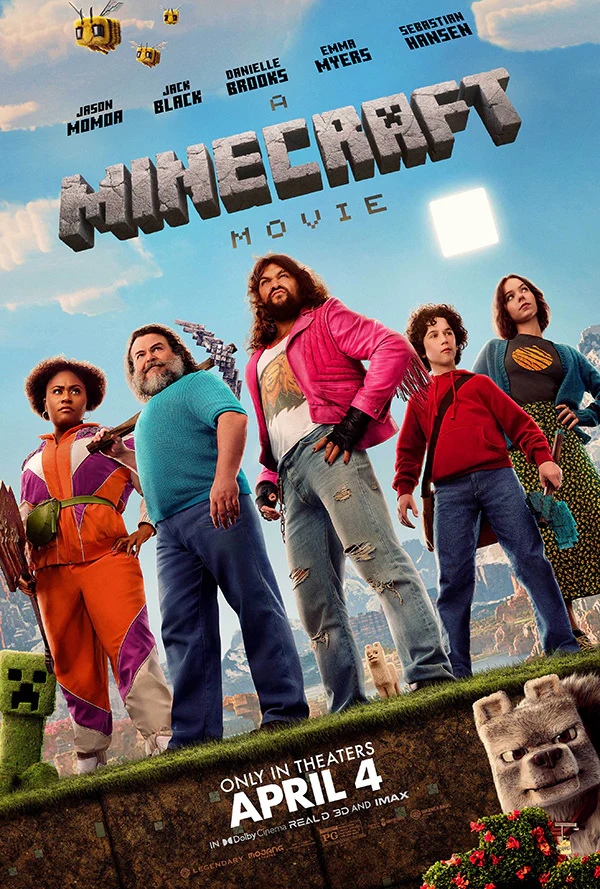

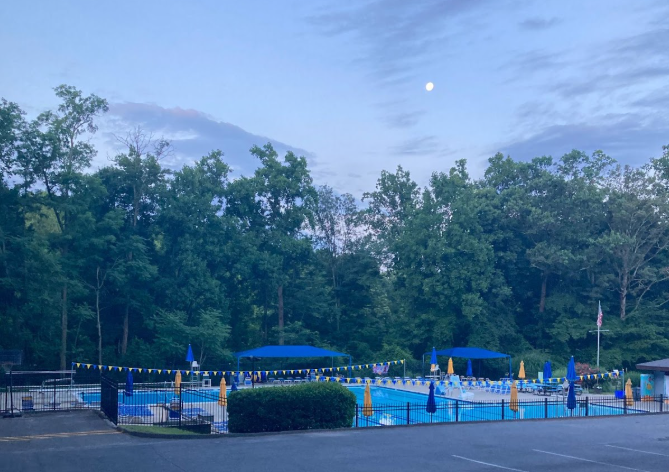
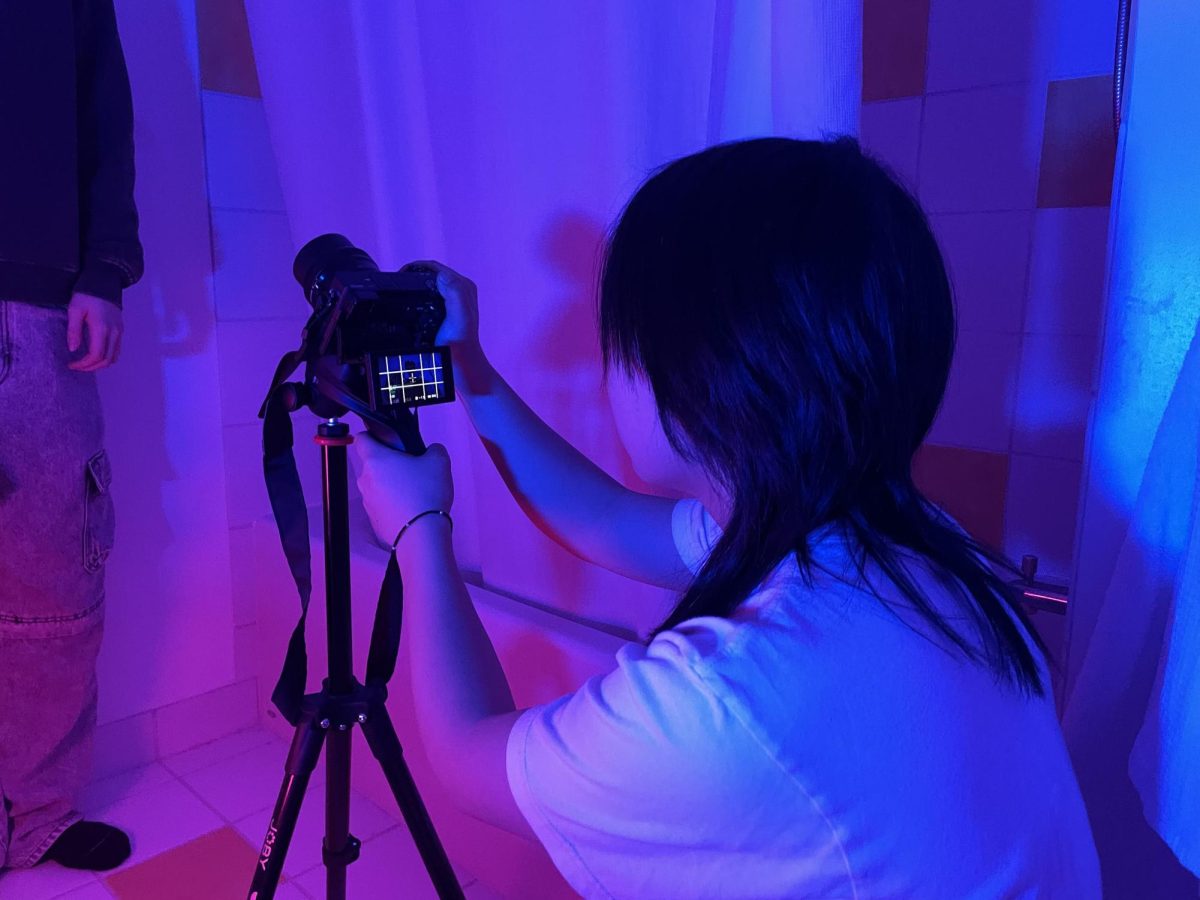







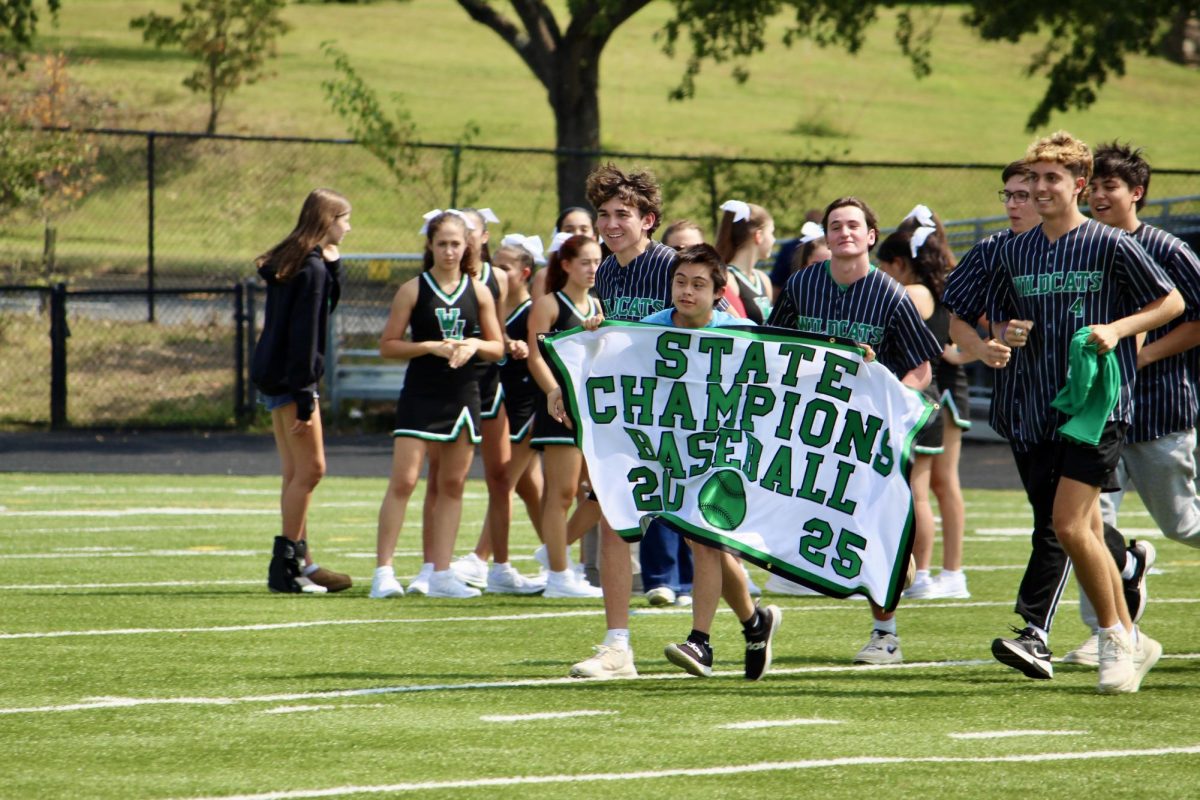




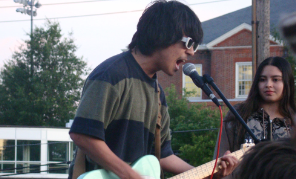

kc6421 • Oct 28, 2021 at 7:19 pm
I agree that Dune is a highly sophisticated story that is by no means as palatable as most modern blockbusters; however, having read the book myself, I don’t believe it deserves this much condemnation. The film adhered to the book like it was the Bible with mainly insignificant parts cut out to simplify the story. It is not a film for everyone, but it really respected the audience’s intelligence. There is just too much conveyed visually rather than explicitly stated, but that doesn’t mean these characters are devoid of complexity and growth. Some are deliberately underdeveloped because their role in the story is minor. The story is really revolving around Paul and Jessica, and I thought they were wonderfully portrayed. In the end, Dune isn’t flawless (and yes, it was hard to sit through) but it’s a completely different experience if you’ve read the book.